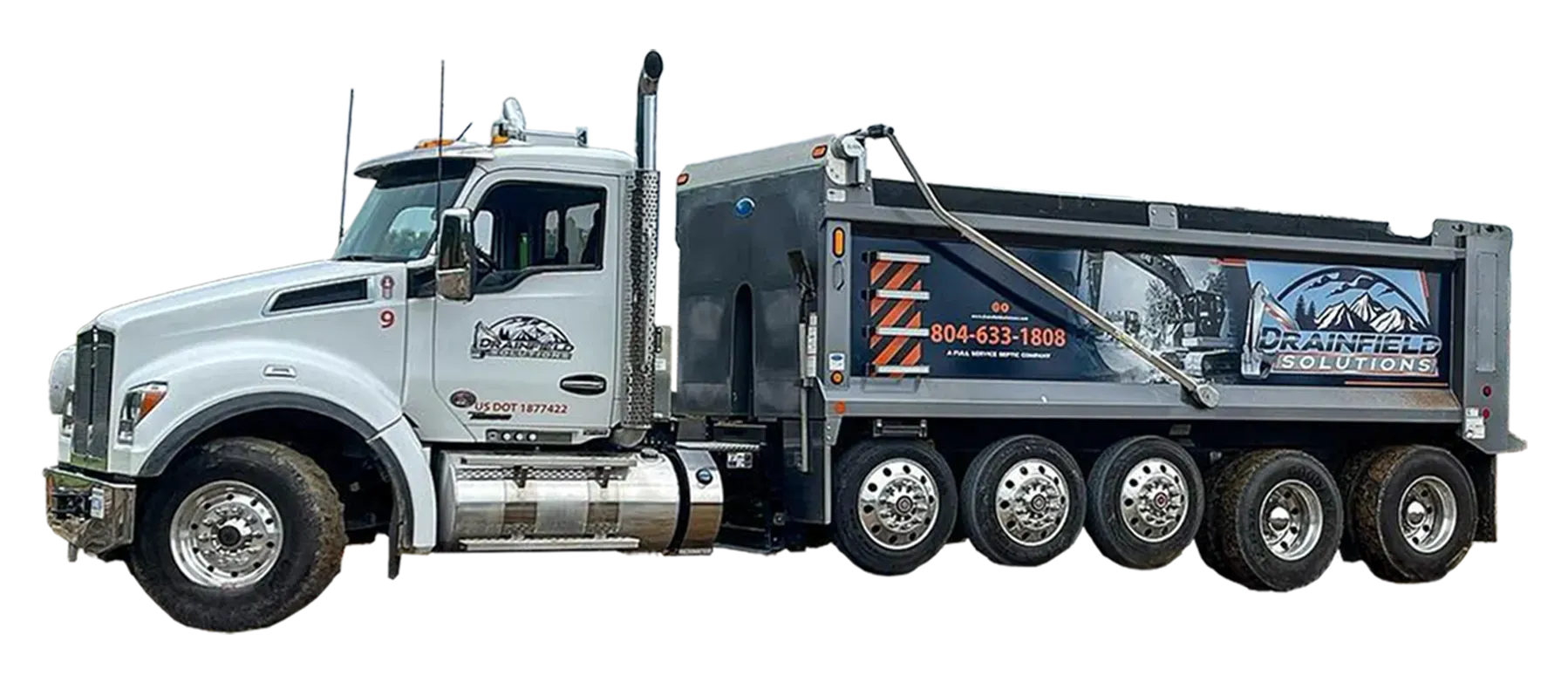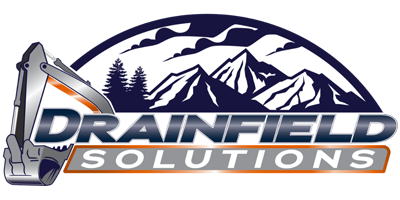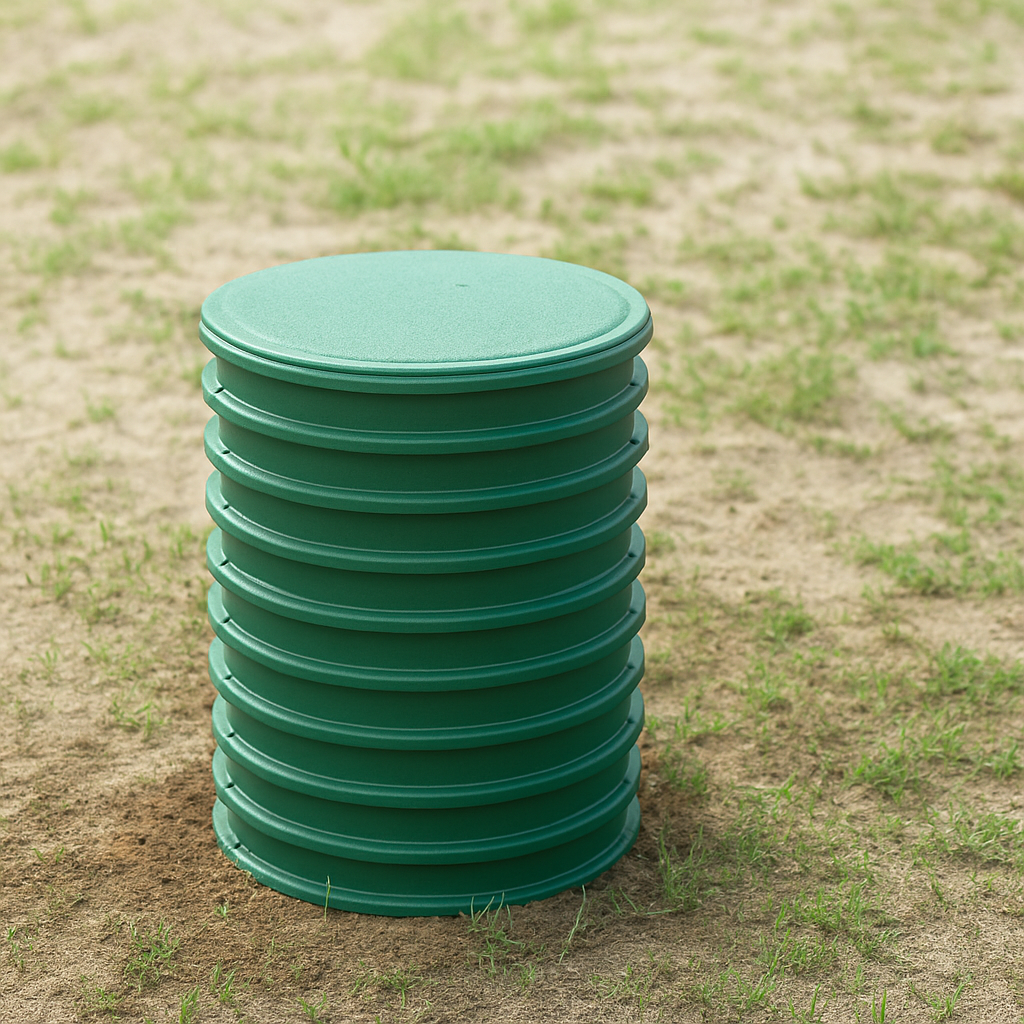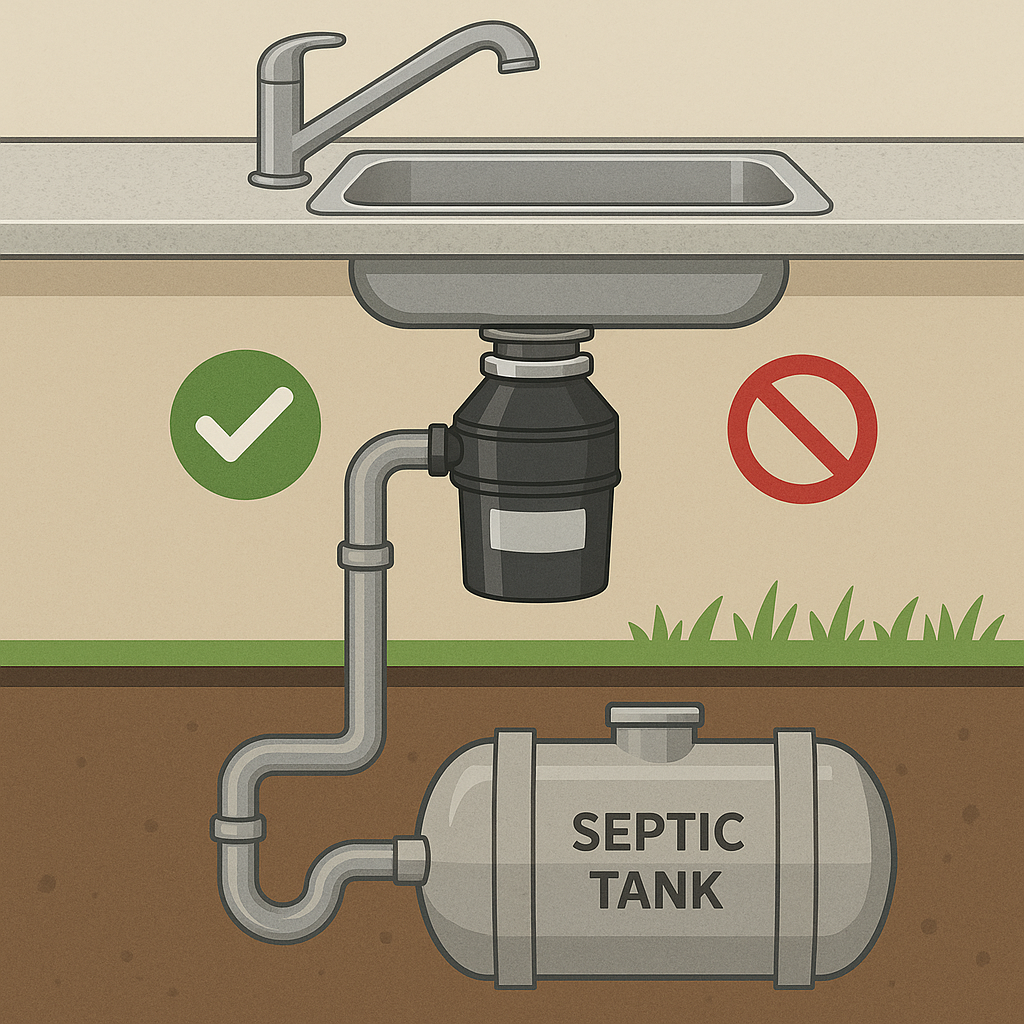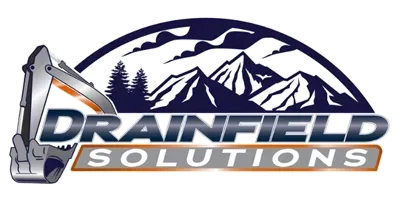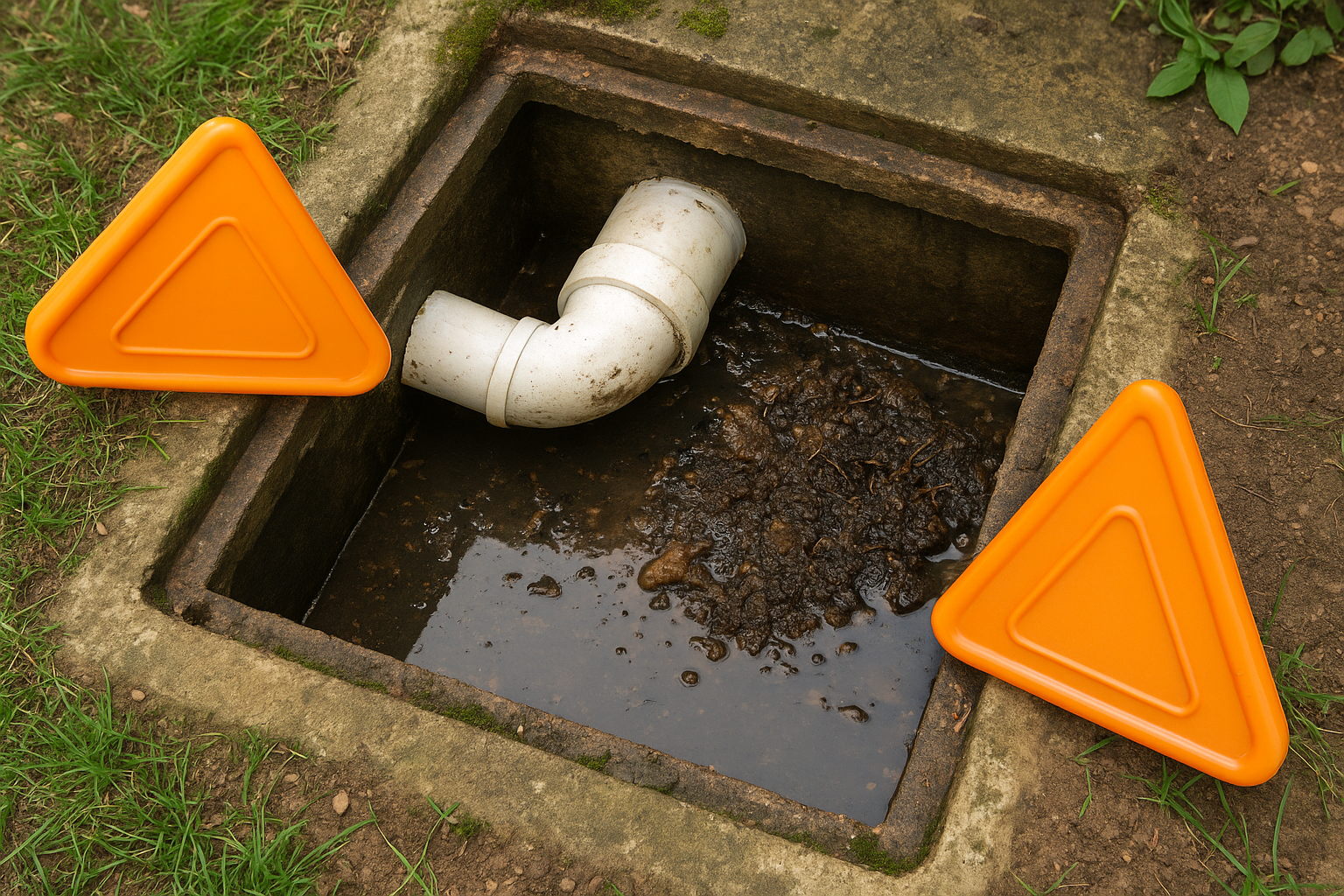
Clogged Septic Distribution Box? 7 Things Only a Septic Professional Should Do
October 12, 2025
A clogged septic tank distribution box (also known as a D-box) is a serious issue that can impact the performance and safety of your entire septic system. When this critical component gets blocked, wastewater can back up into your home, flood your drainfield, and even contaminate the surrounding environment.
This is not a DIY situation—resolving a clogged D-box should only be handled by an experienced septic drainfield professional. In this blog, we’ll walk you through 7 steps that trained professionals take to diagnose and resolve distribution box clogs to aid homeowners in Central Virginia.
What Is a Septic Tank Distribution Box?
The D-box is a junction point in your septic system where effluent from your septic tank is evenly distributed to the drainfield lines. A clog here can cause unequal distribution, overloading some parts of the drainfield while leaving others dry. This imbalance can cause premature septic system failure.
7 Things a Septic Professional Will Do If Your Distribution Box Is Clogged
1. Accurately Diagnose the Problem
Before any physical work begins, a septic professional will perform a complete septic inspection to determine if the distribution box is indeed the source of the issue. They will:
- Evaluate septic system history and performance
- Use diagnostic tools such as inspection cameras
- Look for symptoms like slow drains, foul odors, wet ground, or backup
This step ensures that the issue isn’t being caused by another part of the septic system, such as the septic tank or inlet pipes.
2. Locate and Access the D-Box Safely
The distribution box is typically buried between the septic tank and the drainfield, often several feet underground. A septic professional will:
- Use septic system layout maps or probing tools
- Excavate the box carefully without damaging the drainfield
- Follow all state and local health department regulations
Improper digging or damaging the wrong component can lead to costly septic drainfield repairs, so this step must be done with precision.
3. Safely Open and Inspect the Interior
Once exposed, the septic professional will open the D-box to visually assess its condition. This includes:
- Identifying blockages from grease, roots, or sludge
- Noting signs of uneven distribution or standing water
- Checking for wear, cracking, or tilting that may impede flow
Professionals are equipped with protective gear and tools to handle contaminated effluent safely and hygienically.
4. Remove the Clog and Clean the Box
Septic system experts will manually and mechanically clear blockages. Depending on the clog’s severity, they may:
- Use water jetting or suction pumps
- Scrape out hardened waste
- Apply safe bio-enzymatic treatments for organic buildup
This process restores proper flow and ensures effluent is distributed evenly to all drainfield lines.
5. Check for Leveling and Structural Issues
A properly functioning D-box must be perfectly level. Septic drainfield professionals will use leveling tools to:
- Ensure effluent flows evenly to all outlets
- Reposition the box if it has shifted
- Replace the box if cracks or erosion compromise its structure
An unlevel box is a common and often overlooked cause of drainfield failure. That’s why this check is essential.
6. Septic Tank Pumping if Needed
Clogs in the D-box may result from an overfilled septic tank. A professional will inspect the septic tank’s level and pump it if necessary.
- Septic tank pumping reduces system pressure
- Prevents solid waste from entering the D-box again
- Helps reset the septic system’s balance
Regular septic tank pumping (every 3–5 years) is one of the best preventative measures against future D-box issues.
Read:
EPA – How to Care for Your Septic System
7. Recommend Preventive Measures and Septic System Maintenance
After unclogging the D-box and restoring function, the septic technician will advise you on long-term maintenance, including:
- Scheduling regular
septic inspections every year
- Installing risers for easier future access
- Avoiding planting trees
or heavy objects near the D-box
- Limiting water use during
rainy seasons
- Using only
septic-safe household products
This consultation ensures you know how to maintain your septic system and avoid costly future problems.
More tips:
EPA – SepticSmart Homeowner Resources
Why You Should Never DIY Septic System Repairs
While some septic maintenance (like reducing water usage or using septic-safe products) can be managed by homeowners, resolving a clogged distribution box is not a do-it-yourself job. The risks include:
- Exposure to harmful bacteria and gases
- Damage to vital septic system infrastructure
- Violating local health codes
- Misdiagnosing the problem, leading to bigger issues later
Instead, always work with a licensed septic drainfield professional with proper training and tools.
Septic System Experts in Central Virginia
At Drainfield Solutions, septic system experts in Central Virginia, we’ve spent two decades helping homeowners restore and maintain safe, efficient septic systems. Our team is fully equipped to diagnose and repair septic tank distribution box clogs, inspect drainfields, and keep your septic system functioning at its best.
We serve communities throughout Fredericksburg, Mechanicsville, Stafford, Falmouth, King George, Richmond County, Caroline County, and beyond. Call us today to schedule your septic inspection or septic tank pumping!
Drainfield Solutions.
Your Septic.
Our Priority.
Always Reliable.
Always Professional.
📍
Central Virginia
📞
(804) 895-7777
🌐
www.drainfieldsolutions.com
📧
info@drainfieldsolutions.com
Share Post
Latest Posts
Ready to Take the Next Step?
Whether you're in need of a system inspection or regular maintenance, Drainfield Solutions is here to help. Get in touch today for reliable service you can trust.
